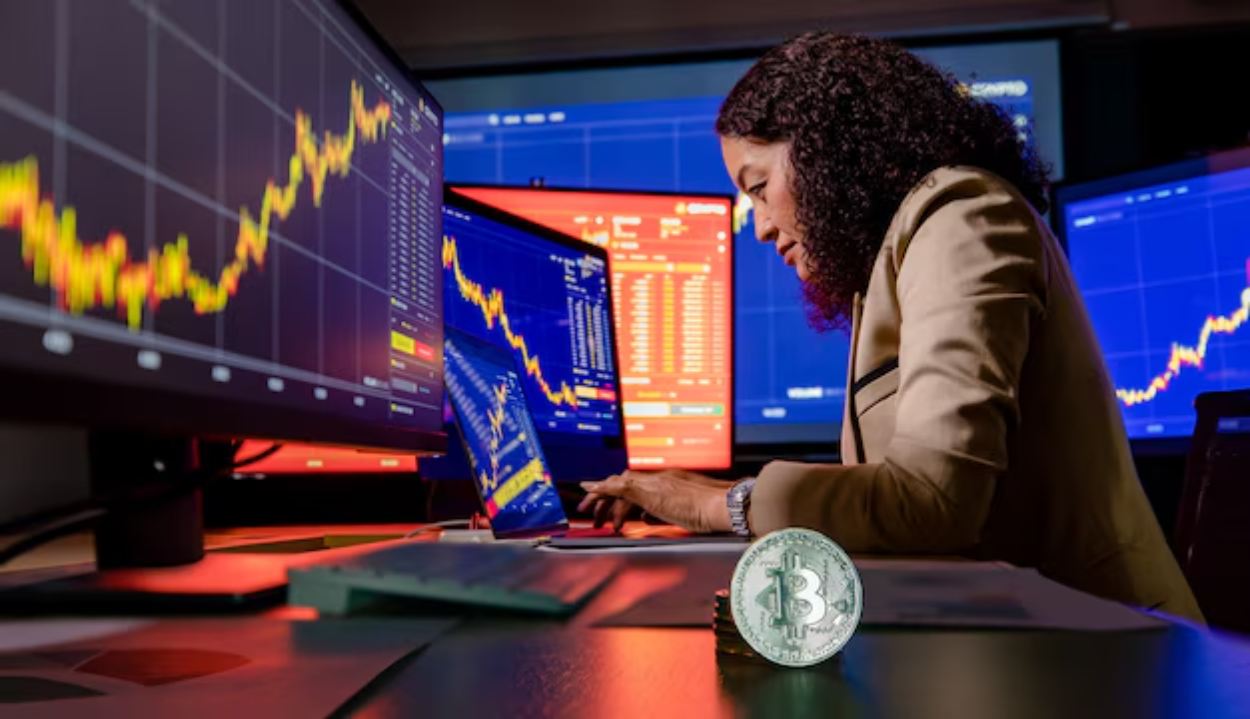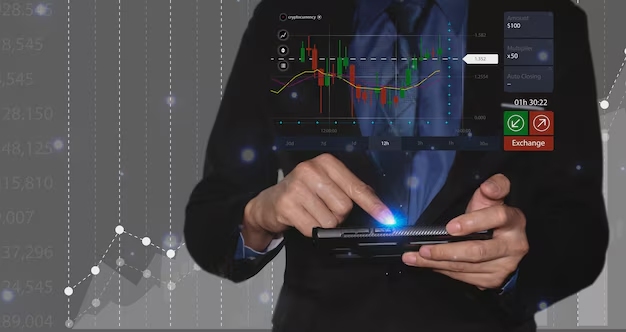Understanding Crypto Market Making: A Complete Guide

Cryptocurrency is one of the fastest-growing industries in the world. Every day, millions of people buy and sell digital assets, hoping to benefit from the opportunities this Market creates. But behind the scenes, one crucial process makes all of this possible — market making.
Without Market making, buying and selling crypto would feel like entering a store with empty shelves. Prices would swing wildly, and finding someone to trade with would often take too long. Market making ensures that markets stay liquid, stable, and attractive for both small investors and big institutions.
In this guide, we’ll break down what crypto market making is, why it matters, how it works, and what the future looks like for this vital service. Whether you’re a beginner or a project founder looking to launch your token, this article will give you a clear, easy-to-understand roadmap.
What Is Market Making in Cryptocurrency?
At its core, market making is the process of providing liquidity. This means making sure there are always enough buyers and sellers in the Market so that trades can happen quickly and at fair prices.
Imagine you walk into a farmers’ Market. If only one person is selling apples, they can charge whatever price they want. But if ten sellers compete with each other, prices become fair and stable. The same applies to crypto market makers keep things balanced.
Quick Comparison
| Situation | Without Market Making | With Market Making |
|---|---|---|
| Liquidity | Low (hard to buy/sell) | High (easy to trade anytime) |
| Prices | Unstable, wide spreads | Stable, tighter spreads |
| Trust | Investors hesitate | Attracts more traders |
Why Market Making Matters in Crypto

Liquidity is the lifeblood of any financial market. In crypto, where volatility is already high, liquidity becomes even more critical.
Here are three big reasons market making is essential:
- Fair Prices → You don’t lose money because of significant price gaps.
- Increased Confidence → Investors trust tokens with strong liquidity.
- Healthy Trading Volume → More liquidity attracts more traders, creating a cycle of growth.
For example, new crypto projects often struggle in their early days. Without liquidity, their token prices may crash or fail to attract attention. Market making solves this by ensuring there’s always trading activity.
How Market Making Works in the Crypto World
Market makers usually work by placing buy and sell orders on exchanges at the same time. They profit from the slight difference between these prices, known as the spread.
In traditional finance, human traders once did this job. Today, in crypto, most of it is handled by advanced algorithms and bots that trade automatically 24/7.
Then vs Now
| Old Style (Traditional Finance) | New Style (Crypto) |
|---|---|
| Floor traders in stock exchanges | Bots operating nonstop |
| Limited trading hours (9–5) | 24/7 global trading |
| Slower reaction times | Millisecond execution |
Benefits of Professional Crypto Market Making
If you’re an investor, you benefit indirectly from market making because you enjoy smoother trading. For crypto projects and exchanges, partnering with a skilled market maker is essential to ensure stability and healthy trading activity.
Some key benefits include:
- Liquidity attracts more users – people feel confident when trading is easy.
- Stable prices – projects avoid wild swings that scare investors.
- Faster growth – tokens with liquidity often get listed on more exchanges.
- Stronger reputation – professional market making makes a project look reliable.
That’s why many companies choose to work with specialists in crypto market making. It helps them grow sustainably and avoid the risks of low liquidity.
How to Choose the Right Market Making Partner
Not every service provider is the same. Some focus only on trading volume, while others provide more comprehensive solutions like strategy, compliance, and investor support.
Here’s a checklist for choosing the right partner:
| What to Check | Why It’s Important |
|---|---|
| Experience & track record | Shows they can handle volatility |
| Technology used | Ensures liquidity is 24/7 and reliable |
| Transparency | Prevents hidden costs and bad practices |
| Compliance knowledge | Keeps the project safe legally |
| Custom strategies | Every token needs a unique approach |
Example: Role of Market Makers in Token Launches
Let’s take an example. Suppose a startup launches a new token on a small exchange. Without a market maker:
- Prices may swing by 20–30% in minutes.
- Early investors may panic and sell.
- New traders may avoid the token.
With a market maker:
- Prices stay stable, with tighter spreads.
- Early investors feel confident.
- New traders see healthy activity and join in.
This difference often decides whether a token succeeds or disappears.
Future of Market Making in Crypto

The crypto industry is still young, and market making will keep evolving. Here are a few trends to watch:
- Decentralized Market Making → Liquidity pools on DEXs are changing the game.
- AI-Driven Algorithms → Smarter bots that predict market shifts before they happen.
- Regulatory Changes → As governments step in, compliance will matter more than ever.
- Integration with Web3 → Market making won’t just be for trading, but also for gaming, NFTs, and other blockchain sectors.
Final Thoughts
Crypto market making might sound complicated, but its goal is simple: to keep markets healthy and reliable. Without it, investors would face chaotic price swings, and many new projects would never get off the ground.
For both traders chasing fair trades and project founders scaling tokens, knowing liquidity fundamentals offers a powerful edge. And for projects, working with experts in professional crypto market making is one of the smartest moves you can make.
The future of crypto depends not only on innovation but also on stability — and market making is the invisible force making that stability possible.
